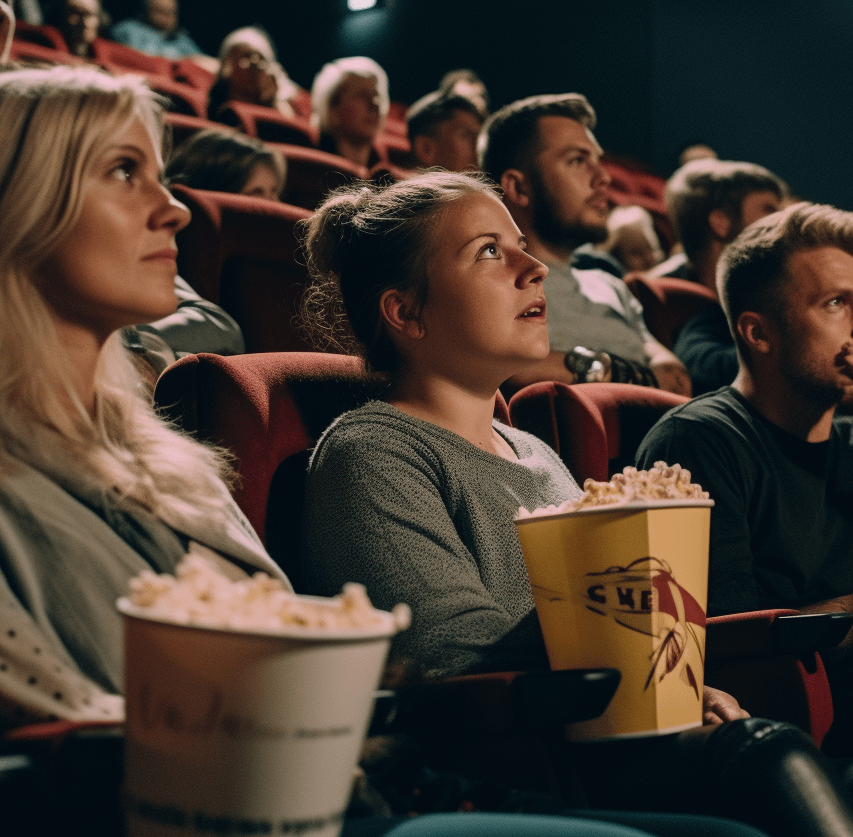In a case that could have an enormous impact on the ability of content producers to protect their intellectual property (IP), the Supreme Court will soon resolve a split among federal circuit courts regarding when a person claiming copyright infringement can bring an action to defend their property against alleged infringers.
Currently, if you attempt to bring a lawsuit to defend your novel, song, film, or other creative work in New York, you are potentially at a disadvantage compared to those bringing suit in California if you have not yet received your copyright registration (or received a rejection of your application), based on the potentially different approaches the Second Circuit (which includes New York) and Ninth Circuit (which includes California) treat the question of when you can bring your infringement suit.
In the case of Fourth Estate Public Benefit Corp. v. Wall-Street.com, the Supreme Court is currently reviewing petitions by parties – as well as a brief from the federal government itself – to determine what approach all circuits should take to determining when a person claiming copyright infringement can bring suit: 1) when the copyright is registered; or 2) when the application for the copyright is submitted to the U.S. copyright office.
The Registration Approach vs. The Application Approach
You may have heard that a copyright is effective as soon as the artistic expression – whether it be a writing, work of fine art, musical composition, or some other work – is made. That is generally true, meaning that you can hold a copyright without having to register the copyright.
But the kicker is that, under federal copyright law, you cannot actually bring a lawsuit for copyright infringement unless action is taken to register the copyright with the U.S. Copyright Office.
This process of registering the copyright requires the holder of the copyright to submit a filing fee and application which provides a sufficient legal description of the work (along with copies of the work itself) that will satisfy the office that the work as described in the application is indeed worthy of federal copyright protection. If there are questions regarding the work or the application, the process can be delayed and include ongoing communications between the applicant and the office regarding the work for which protection is being sought.
In the Fourth Estate case, a generator of online news content brought suit against a website that had licensed news content, arguing that the website had violated the plaintiff’s copyright protections. The Eleventh Circuit, which heard the case on appeal, ruled that, because the plaintiff had only filed an application for copyright protection at the time it brought the case, it had not actually obtained copyright registration (or had the application rejected) and therefore was not yet eligible to bring the case.
This is called the “registration” approach, and the Tenth Circuit has also taken this position that registration must actually be obtained (or had the application rejected) prior to bringing suit for infringement. The Fifth and Ninth Circuits, however, have taken the “application” approach, which holds that a plaintiff in an infringement case need only submit the application to the Copyright Office before bringing suit. The First and Second Circuit have not yet ruled on which approach should be taken, although they will clearly apply whatever approach the U.S. Supreme Court dictates once it hands down its decision.

Where creative minds come together
The Importance of Prompt and Thorough Copyright Applications
Whatever the determination made by the Supreme Court on the “registration” vs. the “application” approach question, the case is a strong reminder of the importance of making a prompt and thorough application to the U.S. Copyright Office for original content and other artistic/creative work.
The effectiveness of a copyright will indeed be based on the time that the application itself is made to the office, meaning a party may lose protection if an infringer uses copyrighted work while the copyright holder delays making an application. Furthermore, an incomplete or imprecise application can weaken the copyright holder’s ability to bring suit or prevail in a legal action to defend their IP.
Questions about your own intellectual property? Reach out to us today to schedule a free 10-minute consultation phone call.



